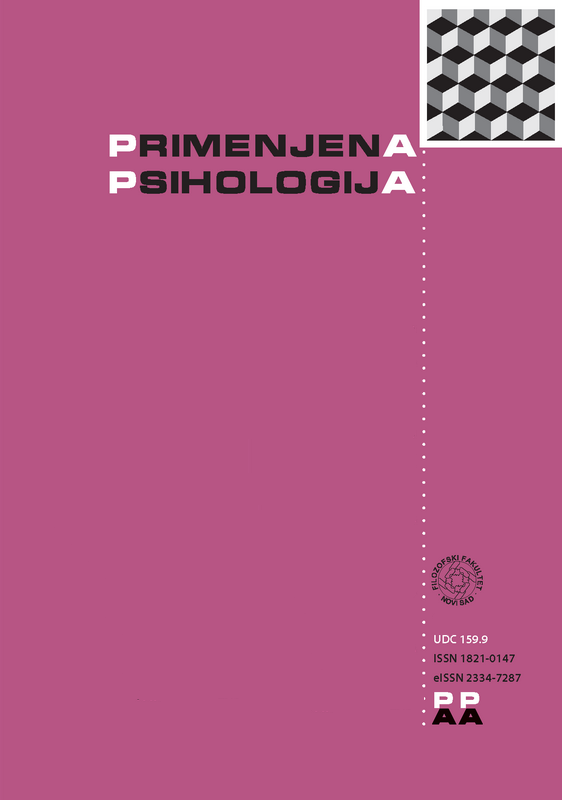Overview of some cross-cultural equivalence procedures performed on the emotional skills and competence questionnaire
DOI:
https://doi.org/10.19090/pp.2013.2.101-120Keywords:
cross-cultural psychology, The Emotional Skills and Competences Questionnaire (ESCQ), eta-coefficient, confirmatory factor analysisAbstract
In this study several most commonly used statistical techniques for examining cross-cultural differences and similarities, together with an analysis of measurement equivalence, were described and demonstrated. The sample was composed of 4327 students (3045 females and 1282 males) from 11 countries and four continents: Croatia, Finland, Sweden, Slovenia, Spain, Serbia, Japan, China, India, Argentina, and United States of America. The Emotional Skills and Competences Questionnaire (ESCQ-45) was used as a measure of trait emotional intelligence. It was developed in Croatia using Mayer and Salovey’s model and consists of three subscales which assess perceiving and understanding emotions, expressing and labeling emotions, and managing and regulating emotions. The three-dimensional structure of the ESCQ was confirmed in all cultural contexts. The existence of two factors (Perceiving and understanding emotions and Expressing and labeling emotions), using different testing techniques, was replicated consistently across cultures. However, the third dimension, Managing and regulating emotions, showed significant variations in certain cultures. The strongest cross-cultural effect (etacoefficient) was evident in the Japanese sample. Due to the specific way of responding, this sample differed in the mean values on the respective subscales, factor structure (congruency coefficients) and goodness-of-fit measures (AGFI, CFI, NNFI, RMSSR) in comparison to 'the rest of the World'. Results of students from other ten countries, across different statistical indicators, were much more similar.Downloads
Published
29.06.2013
How to Cite
Takšić, V., Bradić, S., & Žauhar, V. (2013). Overview of some cross-cultural equivalence procedures performed on the emotional skills and competence questionnaire. Primenjena Psihologija, 6(2), 101–120. https://doi.org/10.19090/pp.2013.2.101-120
Issue
Section
Regular issues







